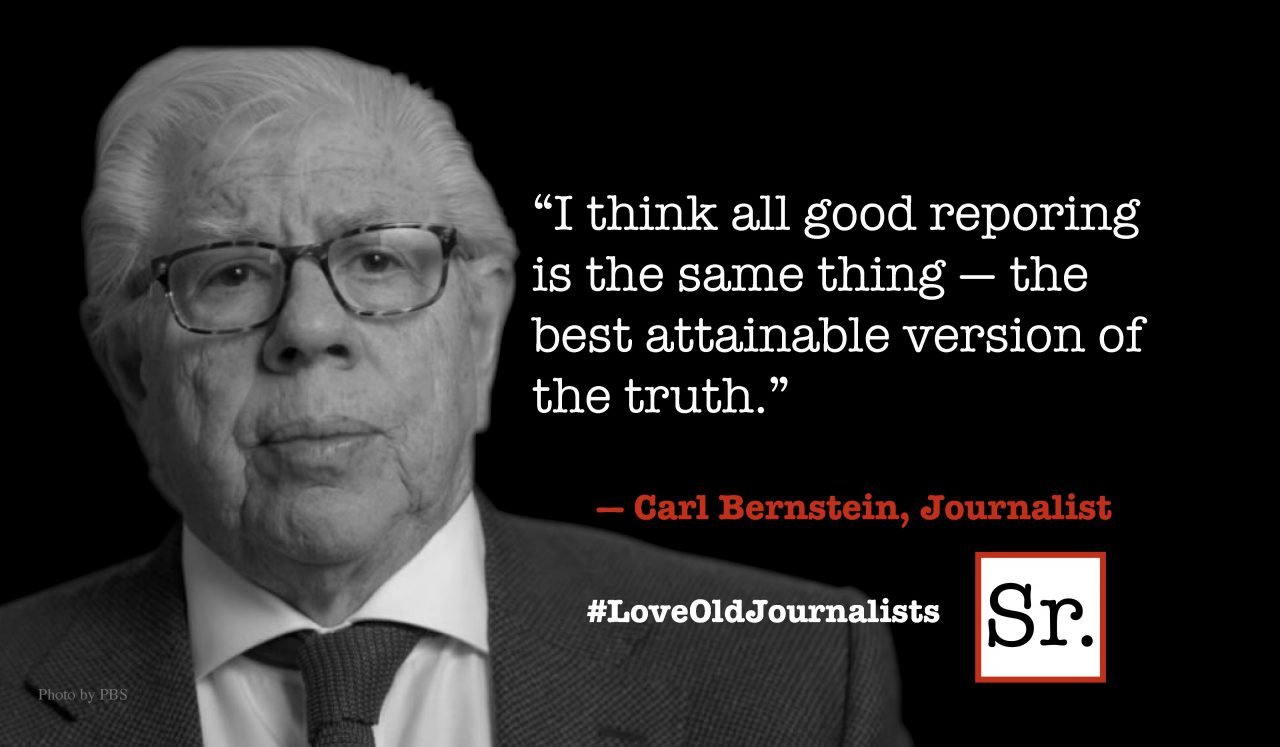Noting that October is Bullying Prevention Month, several editors have asked if I am willing to write an apropos column. I am and for two reasons feel eminently qualified to do so.
My first qualification is that I was bullied as a youngster. It began in the fifth grade with George K. He would run me down, wrestle me to the ground, pin my arms with his knees, and begin tickling me. I am very ticklish. Being tickled is “funny” for about three seconds upon which it becomes excruciating. Forget water-boarding. We should simply tickle non-uniformed enemy combatants. They’d tell us everything and more, believe me. When George was finally sent to reform school, Danny P. took his place. Danny’s specialty was the sucker punch. I dealt with this by taking the long way home, sneaking through back yards. If that didn’t work, I ran. Forrest Gump had nothing on me.
My second qualification is that I am, apparently, a bully. A 23-year-old young woman, when I politely disagreed with an ill-informed opinion, sharing several pertinent and verifiable facts with her, told me I was bullying her. Her parents, seated at the same table, said nothing.
The head of a private day school recently told me, “This bullying thing has gotten completely out of hand, John.” He went on to describe enraged parents—overwhelmingly, mothers—storming into his office to complain that their children are being bullied and then describing incidents that anyone possessing of a fair degree of objectivity would call harmless pranks—the sorts of practical jokes children, especially boys, are known for.
There is genuine bullying, and then there are parents who are in deep states of co-dependency with their children. By definition, no emotional boundary exists between the parents in question and their kids. What their children feel, they feel. Under those circumstances, the emotional dynamic resonating between parent and child spins out of control.
Children are drama factories to begin with. They have the innate ability to make an emotional molehill into a Category 5 hurricane. One of a parent’s responsibilities is to help his or her children put the everyday slings and arrows of life into a proper perspective. When a parent not only fails to do that but also begins to participate sympathetically in a child’s emotional experiences, the result is emotional chaos. Both parties suffer long-term damage from this state of affairs.
On the website of the National Bullying Prevention Center, bullying is defined as “Behavior that hurts or harms another person physically or emotionally.” The definition is problematic because it depends to great degree on the subjective judgment of the self-identified victim. Was I bullying the young lady mentioned above? Is disagreeing with someone or expecting them to defend their opinions bullying? Is bullying strictly in the eye of the beholder?
This messiness is the consequence of a culture that has dumbed-down the definition of bullying to the point where school officials often cannot differentiate truth from hysteria. And so they give little more than lip service to complaints of bullying while pointing proudly to their bullying prevention programs.
In other words, to avoid giving legitimacy to parent-child co-dependency, schools often end up enabling bullies. A mess for sure, and sadly, it will still be a mess on November 1.









